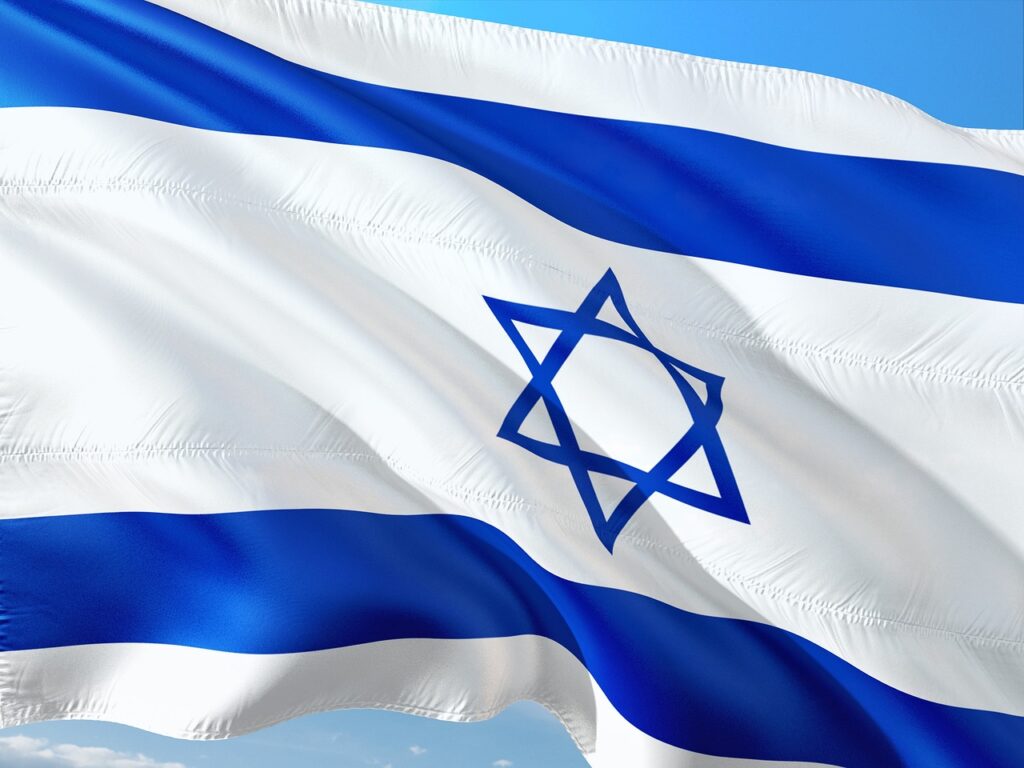The International Criminal Court (ICC) has issued arrest warrants for Israeli Prime Minister Benjamin Netanyahu, former Defense Minister Yoav Gallant, and Hamas military leader Mohammed Deif. The charges allege war crimes committed during the Gaza conflict, marking the first time in the ICC’s 22-year history that leaders from a democratic and Western-aligned nation face such accusations.
Key Allegations Against the Accused
The ICC accuses Netanyahu and Gallant of obstructing humanitarian aid to Gaza, effectively depriving civilians of vital resources such as food, water, and medical supplies. This conduct is alleged to constitute the war crime of using starvation as a method of warfare and other crimes against humanity, including murder and persecution. Mohammed Deif is accused of war crimes and crimes against humanity linked to the October 7 Hamas attacks, which killed over 1,200 people and resulted in at least 250 hostages. The charges include murder, torture, rape, and hostage-taking.
Responses from Israel and the U.S.
Israel has rejected the ICC’s jurisdiction and dismissed the charges as politically motivated. Netanyahu’s office denounced the court’s decision as “antisemitic,” asserting that no war is as justified as Israel’s actions in Gaza. The U.S. also criticized the move, claiming the ICC lacks jurisdiction and raising procedural concerns. Despite these dismissals, human rights organizations have welcomed the warrants, emphasizing the importance of accountability.
Broader Implications
The arrest warrants place Netanyahu and Gallant at risk of detention in any of the 124 countries that are ICC members. Although Israel is not a signatory to the Rome Statute, the court asserts jurisdiction due to Palestine’s recognition as a member state in 2015. Domestically, the warrants could bolster Netanyahu’s political standing, as many Israelis view the ICC’s actions as unwarranted interference in national affairs.
The timing of the warrants has intensified scrutiny of ICC prosecutor Karim Khan, who is under investigation for alleged sexual misconduct. The controversy surrounding Khan’s leadership could impact perceptions of the court’s legitimacy.
Global Reactions and Future Outlook
The charges have added pressure on Netanyahu’s government amid U.S.-led efforts to broker a ceasefire with Hamas. While some view the ICC’s decision as a critical step toward justice, others see it as a divisive move in an already volatile conflict. As international debate continues, the warrants underscore the challenges of holding leaders accountable for alleged wartime atrocities.
